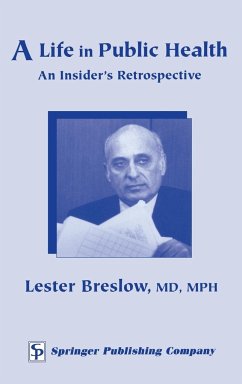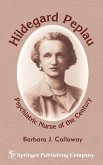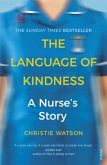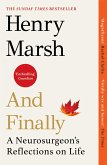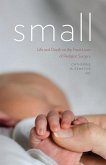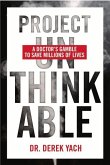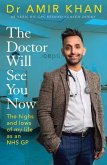From his time as a Truman appointee on the Health Needs of the Nation to his tenure as Dean of UCLA's School of Public Health, Dr. Lester Breslow has been a force behind the most important public health developments of the last century. With his trademark humor and conviction, Breslow recounts his participation in the field's ground swell from the study of communicable disease to the current control of chronic illnesses. He reveals the story behind his Human Population Laboratory's "seven healthy habits" (sleep right, eat right, don't smoke, don't drink too much, exercise, keep your weight down, eat breakfast) that Americans now know as doctrine. Breslow tells what it took to garner the Surgeon General's cigarette warning, the current high tax on tobacco sales, and today's air pollution emission standards. He shows how a sometimes reticent medical establishment has come to understand that living conditions and behaviors are more important to longevity than the treatment of disease itself. This behind-the-scenes expose is fascinating reading for medical and public health students, educators, and policy makers alike.
